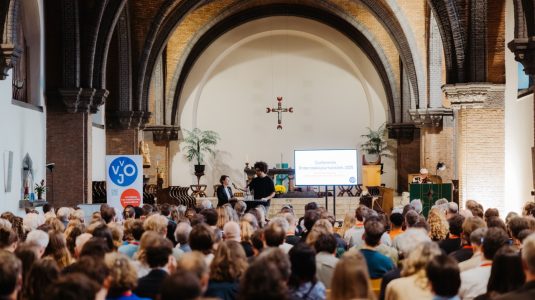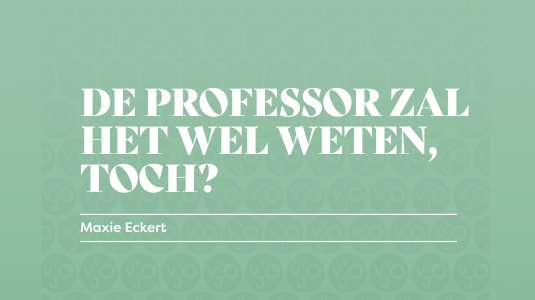European Investigative Journalism Conference 2008
Workshop: Crossing borders tracking cottuption
Speaker: Paul Radu
Date: 22 november 2008
Reporter: Arno Kersten
There is more than meets the eye when you’re investigating company records, says experienced Romanian reporter Paul Cristian Radu.
Tracking down the ownership of a Romanian refinery, he found it had been handed over to a company in the United Kingdom, which was owned by a company in Rotterdam, which was owned by a company in Austria.
Radu and his fellow reporters sometimes need to peel off twenty plus layers of misleading ownership records to reach the real benificial owners of a company. They did so with the Romanian refinery, which ultimately lead them to the doorstep of a Russian oligarch.
A founding member of the Romanian centre for investigative journalism, Radu has become an experienced player in this game of hide and seek. Collaborating with colleagues from many different countries, he has co-assembled a database containing countless records from sources such as company registers, court records and photo and video archives.
Among the registers Radu uses regularly is LexisNexis, but he also relies on country based services as the Companies House in the UK.
The data they gather provides a digital file cabinet, an essential source for monitoring connections and piercing the veil of crossborder corruption. Recently Radu has finished and published a handbook for tracking corruption, named after the famous line from the Woodward and Bernstein Watergate investigation: Follow the Money (pdf, 18 mb).
Radu and co have also established intricate spider web sheets detailing connections between numerous names, using I2 social analysis software.
Joining forces with reporters from Russia to the UK has been a way to keep investigations going in multiple countries, as corruption itself obviously crosses borders just as easily. Radu has allocated an online workspace to share files and reports with colleagues from abroad. “Maybe a Russian name we might come across doesn’t sound familiar to me, but to the Russian guy it may ring a bell”, says Radu.
Not seldom investigating company records leads to the signatures of so called representatives, who are paid to keep the real beneficial owners hidden in the shadows.
Radu explains about one time when he contacted a respresentative working for a well known law firm, telling her that he was about to publish an article in which she would be mentioned unless she revealed who she was representing. Radu also mailed her supervisor at the firm to put the pressure on. In the end, the information he got helped him to get his investigation back on its track.
Muckracking has resulted in people threatening him with law suits. There also have been threats from the secret service of a Balcan state.
Still, co-operating with reporters from differenent countries all over Europe also provides a level of extra protection. Guarding incriminating information doesn’t depend on one reporter by himself, but is a responsibility shared by others.
“People know this”, explains Radu. “An article would still be published if they would do anything to one of us.”
Additional links:
Knight International, Journalism fellowships








